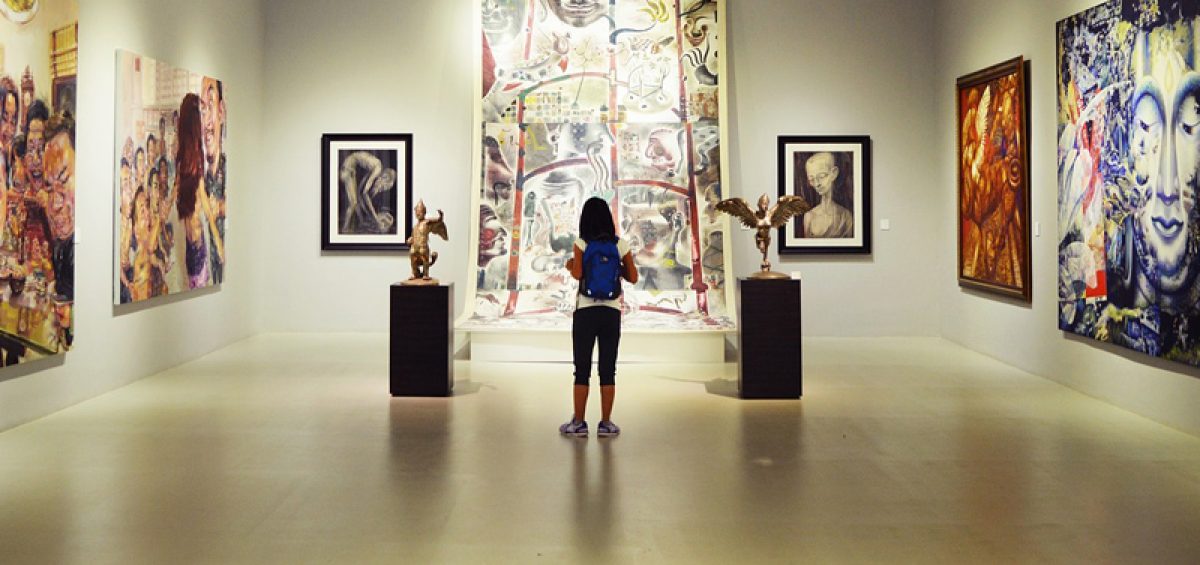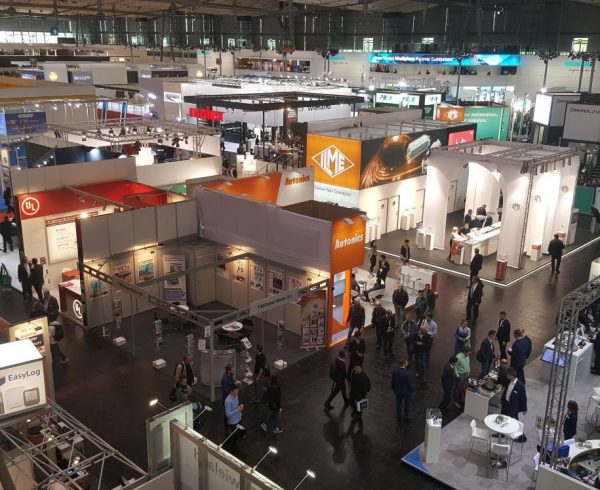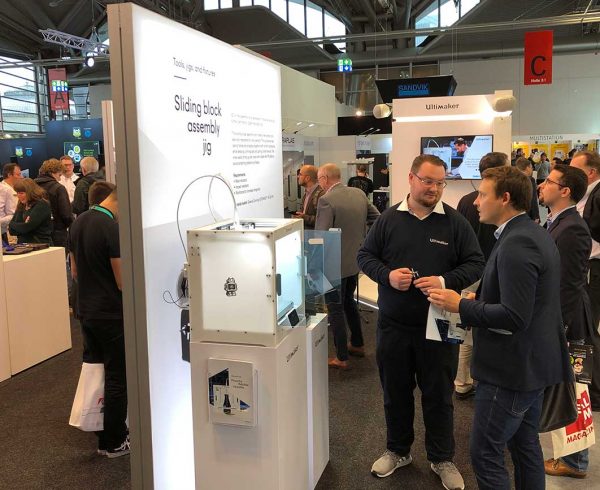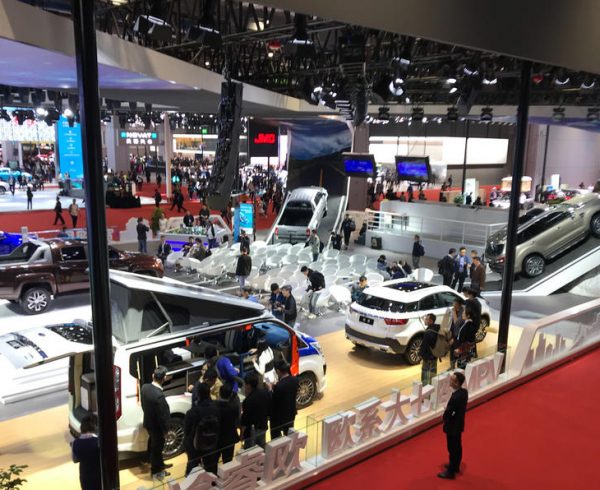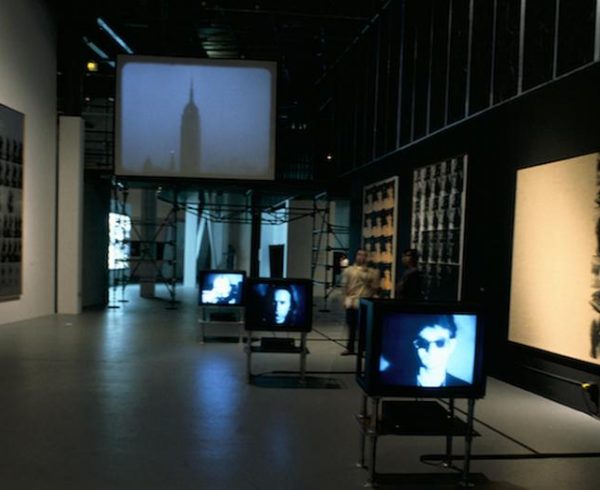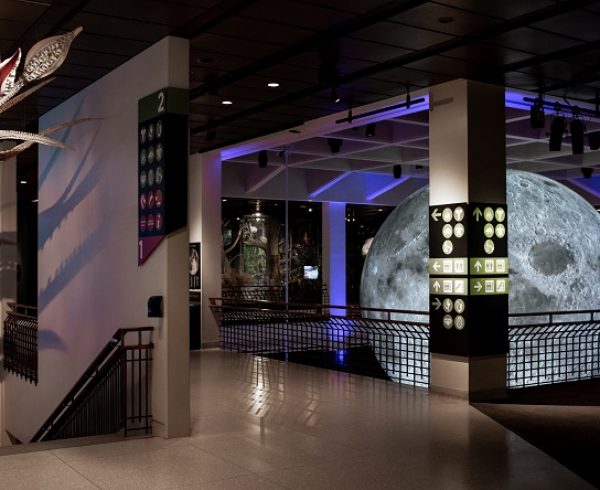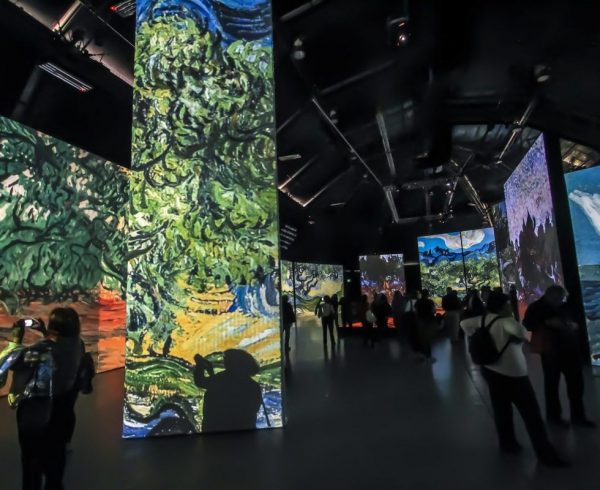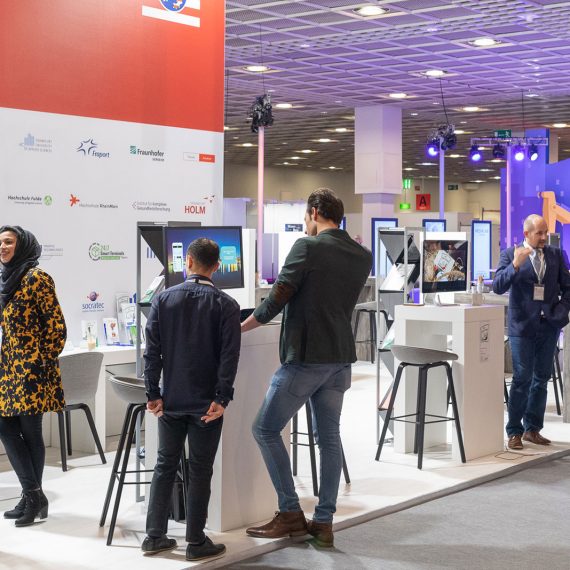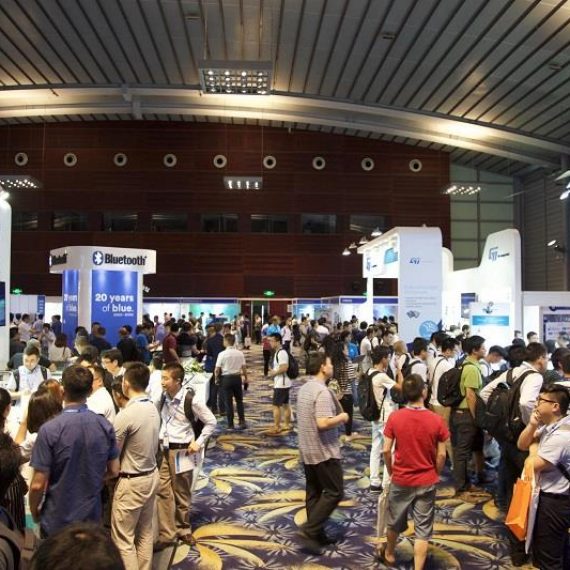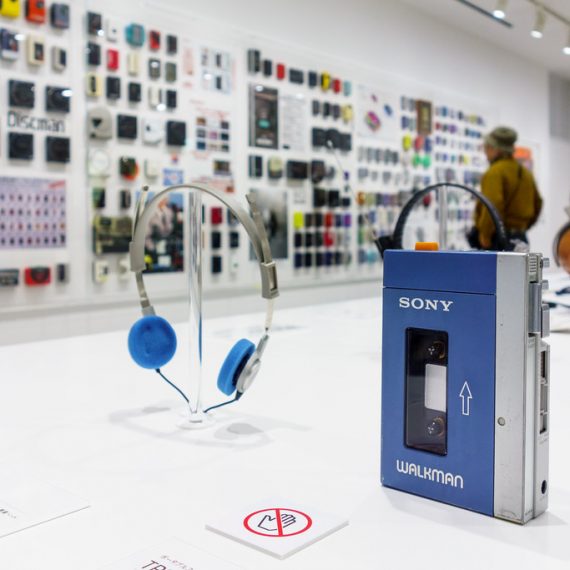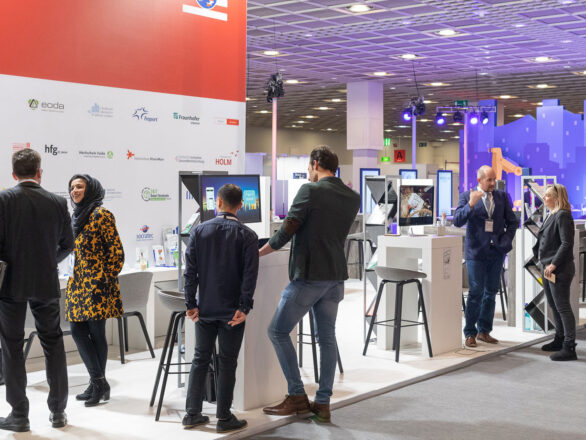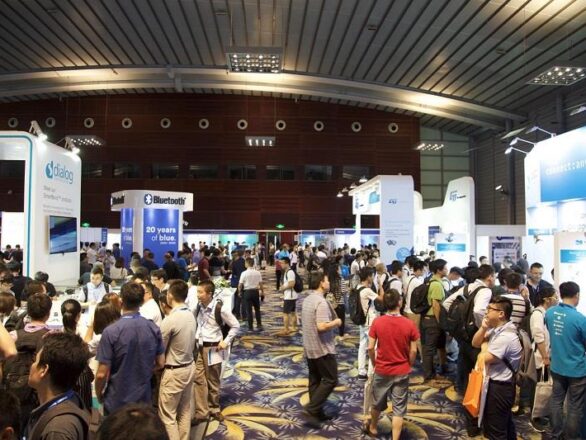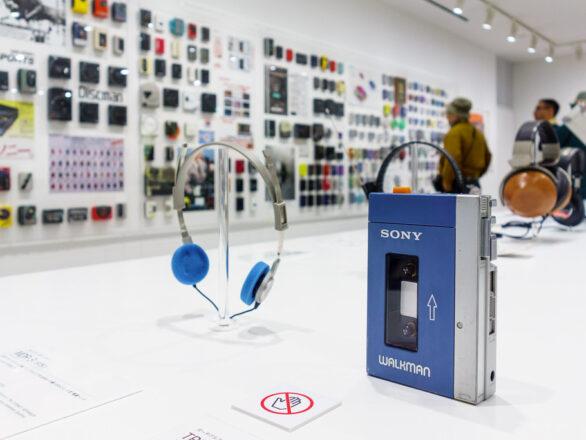Technology is one of the fundamental fields in which gender is articulated in every society. Technical skills and knowledge seem to be associated with specific genders and thus contribute to the formulation of masculinity and femininity.
In today’s Western world, the first to undergo industrialization and dominate the global production of material and spiritual goods, services and desires, technology is clearly male-coded. Men are credited with a natural inclination towards technology, while women are reportedly afraid or disapproving of it. Men actively work with machines, build and use them. Women, too, use machines, but in a sense are considered passive beneficiaries of inventiveness. The modernist connection of technology and masculinity is also reflected in gendered everyday experiences, in historical narratives, in the workplace and education, in the design of new technologies, and in the distribution of power in a global society that sees technology as the mainspring of progress.

The Exhibition Examines The Material Worlds We Create Through Technology
The role of technology in the formation of local and global configurations of power, forms of identity, and ways of life. It ties in with radical feminist and ecofeminist theories from the 1970s to the present day, which have criticized and revised the coupling of new technologies and technical sciences to patriarchal notions. Their agenda is intellectual and political at the same time. In their work, the artists of the exhibition go one step further to think and put into action new forms of knowledge, skills and bodily practices related to the use as well as the production of new technologies.
How Does The Mutual Production Work In Changing Formations?
The evolution of high-tech developments, especially artificial intelligence, was accompanied by a multitude of problematic ideas and binaries, based on the dominance of a rationalizing, abstract thinking model, the intelligence in the first place as universal, unlocated, disembodied, neutral, harmless – and entitled to rule perceives. The exhibition not only analyzes the material worlds that emerged from technology, but also their role in shaping local and global power configurations, identities, and lifestyles, taking into account radical feminist concepts

